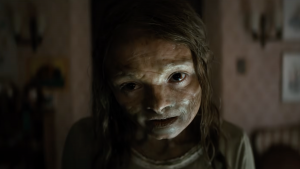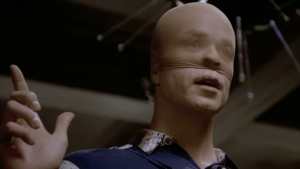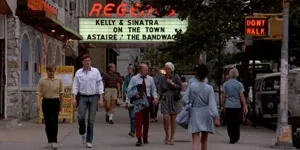

The Essential Directors
The Art and Impact of Cinema’s Most Influential Filmmakers
“Ultimately, the final list was based on each filmmaker’s influence on the medium, cultural impact, and degree of achievement.” — Sloan De Forest
What happens behind the scenes is sometimes more important that what we witness on screen. Film directors influence many aspects of the filmmaking process. They shape the look of a movie, add important themes, guide the actors to better performances, and can turn chaos into order. And in some cases the volatility they bring to the table inspires art. However, the role of a director, especially to those who’ve never worked on a movie set, can be a bit of an enigma.
Author Sloan De Forest provides movie buffs an excellent guide to the most influential film directors and their impact on film history. This carefully curated collection of directors, with figures from the beginning of film history to present day, highlights the importance of each individuals contributions as well as demonstrates the impact they had on a whole on how movies are made and how they influence culture.


Some notable names in the book include: Cecil B. DeMille, D.W. Griffith, Oscar Micheaux, Lois Weber, Fritz Lang, King Vidor, Dorothy Arzner, Frank Capra, Victor Fleming, Michael Curtiz, John Ford, John Huston, George Stevens, Preston Sturges, Orson Welles, William Wyler, Alfred Hitchcock, Ida Lupino, Billy Wilder. The list goes on and on.
On Howard Hawks — “racked up a multi-faceted filmography for himself in the decades between, not only criss-crossing into a variety of different genres but seemingly equal at home in all of them.”
On W.S. Van Dyke — “a marvel of efficiency, a reliable studio journeyman who managed to inject streaks of creative brilliance into his rapidly shot movies.”
On Dorothy Arzner — “Arzner is set apart by her consistent success within the studio system… [she] made 16 features during her Hollywood tenure, and everyone focused on a central woman—always of the spunky, independent variety.”
On Leo McCarey — “McCarey’s movies are informed by a deep understanding of human nature, in all its hilarity and its heartache.”
On W.S. Van Dyke — “a marvel of efficiency, a reliable studio journeyman who managed to inject streaks of creative brilliance into his rapidly shot movies.”
On Nicholas Ray — “Perhaps the most subversive filmmaker to ascend the ranks in 1950s Hollywood, Nicholas Ray was a trained Method actor who brought a dark urgency to midcentury movies… [he was the] reigning king of misfits, outsiders, and tortured souls.”
On Fred Zinnemann — “he left behind a rich fourty-year legacy of handsomely crafted films, many of which concern individuals forced to choose between compromising their moral integrity and following their consciences.”





